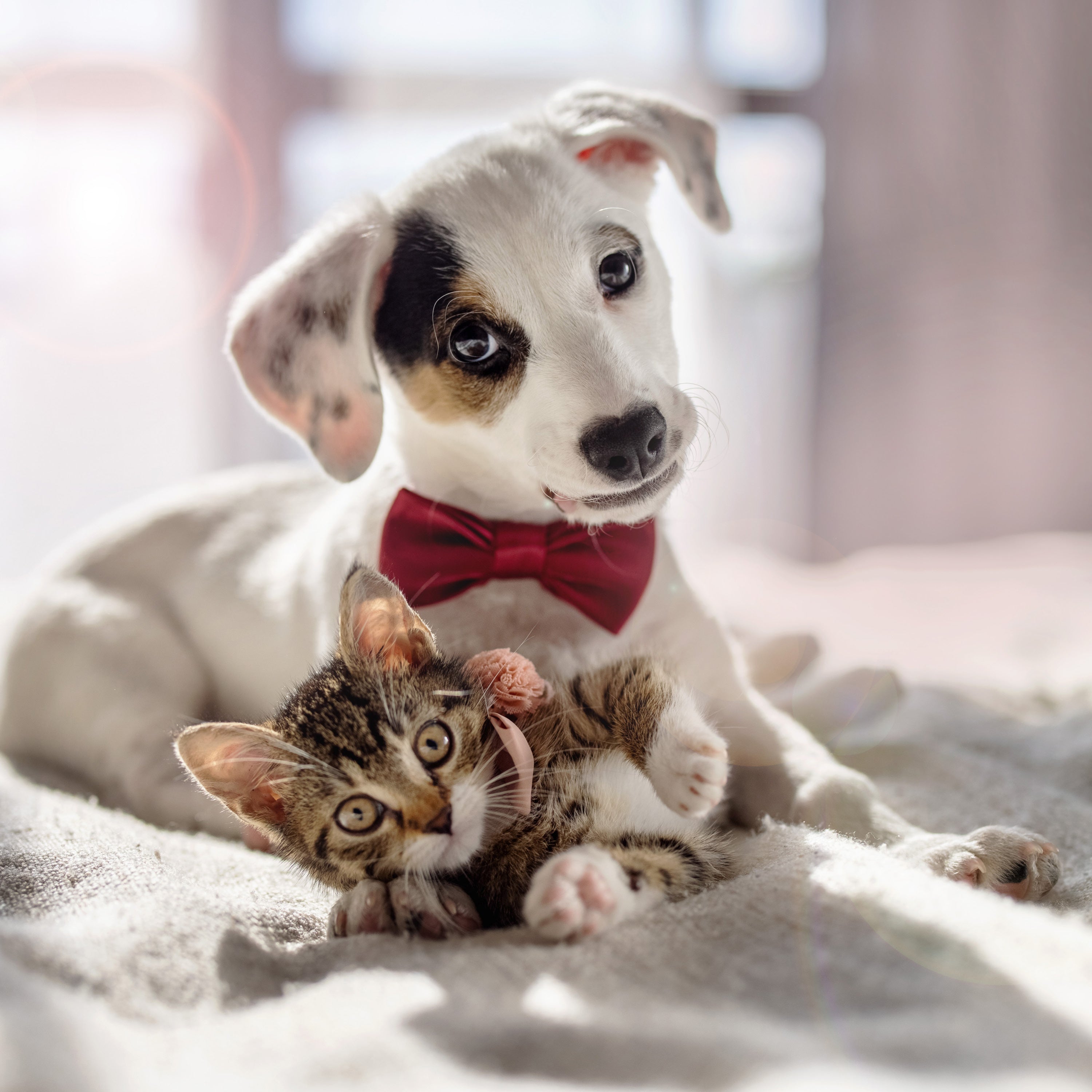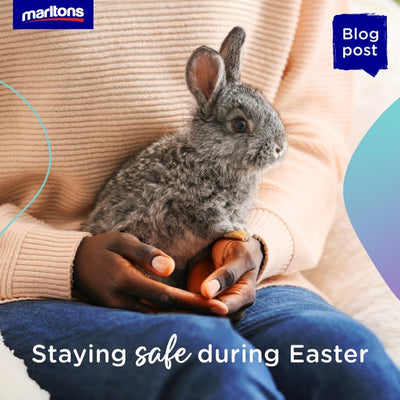Picture the scene… you’re out in the garden and your curious pup gets a bee sting on its paw. The poor little guy is in in pain, and of course you want to do whatever you can to help. So you reach for the kiddies aspirin, or something similar. It will do more help than harm wont it? The short answer is no. The long answer is that no matter how mild you think human medication is, you must never give it to your pets without consulting your vet first – the results can be tragic.
Just because something is safe for you - or your children – it does not mean it is safe for your pet. Listed as the number one most dangerous thing your pets can ingest in a 2020 list, Over-the-Counter (OTC) medications are more dangerous than chocolate, household cleaners and even insect poison.
Gavin Miller, Managing Director at Marltons, discusses the danger that every day human medication can pose for our pets, and shares some important tips on keeping them well away from curious kitties and determined doggos.
First off the bat, it is important to remember that an animal’s metabolism is completely different to a humans. The toxic effects of human medications in pets can range from gastrointestinal upset (vomiting and/or diarrhoea) to more serious problems like seizures or liver or kidney failure. Even medications we use commonly and think of as safe, including vitamins, can make your fur friend seriously sick.
Some of the most common medications that pet owners assume can be given to their pets include:
OTC pain medication – This includes items such as Panado, which contains paracetamol. A single, regular-strength Panado tablet can be fatal to cats. Poisoning by paracetemol in cats usually affects red blood cells, leading to difficulty breathing and swelling of the face and paws. In dogs, paracetamol toxicity can lead to liver damage.
Asthma inhalers – It is surprising how many dogs get hold of these and treat them as chew toys. Because these inhalers often contain 200 human-sized doses, a dog who punctures the canister when chewing on one can be subject to a huge overdose. Signs may include a racing heart rate, vomiting and collapse.
Sleep aids and anxiety medication - Drugs that sedate people can do the same in pets — or have the opposite effect. Up to 50% of dogs that eat toxic doses of sleep medications actually experienced panting, hyperactivity and tremors.
Allergy/Decongestant medications – These drugs can cause hyperactivity, increased heart rate, seizures, and even respiratory and cardiac failure.
The old saying curiosity killed the cat has never rung truer than when it comes to medication – and this applies to dogs too. It happens so easily, and so quickly. A puppy noses through a purse on the floor, pulling out a bottle of pills. A pill dropped on the ground is mistaken for a treat by your kitty. Accidents happen. But there are a few things we can do to keep our medication well out of reach of furry foragers.
- Never leave medications on a countertop or bed side table. Even medications in child–safe containers aren't safe around dogs.
- Always store medication securely. Consider child–proof locks to keep even the most tenacious of pets out.
- Never store your medications in plastic bags. A dog and cat can easily rip through thin plastic.
- Keep your human and pet medication separately. This way, you won’t accidentally give your four-legged friend something that was meant for a two-legged family member.
- Never throw medications into the dustbin. Dogs love dustbins and will devour anything they can sniff out inside one.
- Take your medicine over the basin. That way if a stray pill does fall or if you mess, you can find it quickly or clean up easily.
If there is one thing any pet owner knows, it is that pets have a funny way of getting into things they shouldn’t. Follow the tips above and always consult your vet before giving your pet any kind of medication. But, if you suspect that your pet has managed to pop that pill bottle lid, you absolutely must not paws before getting them to your vet.







